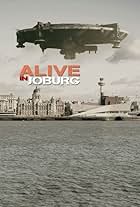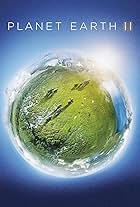This movie brings front and center what, after clean air, water, and fertile soil, well may be the main issue facing humanity at this time. What role, if any, do our religions, traditions, mythology, tribal wisdom, family culture and relationships, play in modern life?
We're only fooling ourselves when we think we can escape the fundamental problem by imagining that our 'past' - our memories about our experiences and our reactions to them, is objective fact of some kind. But it's not, we don't have the hardware to capture anything like that - those experiences, and especially our judgments about them, are points of view that we've taken that cumulatively shape and color the atmosphere of our lives. They're a personal mythology that both guides us and limits us at the same time. There's a wonderful exchange in the movie where Atang asks his young companion something like - 'What happened to your parents?' The response - 'They were great Basotho warriors. They died defending the kingdom.' Atang mulls over it for a second, and decides, 'Mine went that way too.' We don't know how 'we' got here or really what we're supposed to do. We know our time is limited. We have memories and feelings about our experiences, but little in the way of anything that could be legitimately called objective fact. We decide to interpret our experience in a certain way and it then frames our relationships and forms our personalities.
The movie is one man's evolutionary journey toward personal truth, triggered by his father's death, and what a funny, surprising, heartfelt, and beautiful journey it is.


















